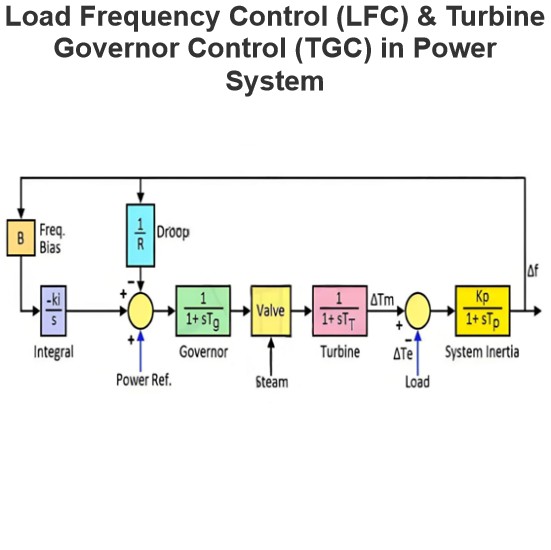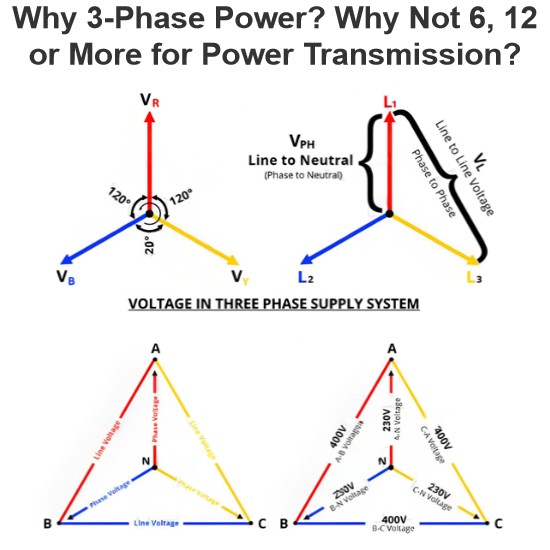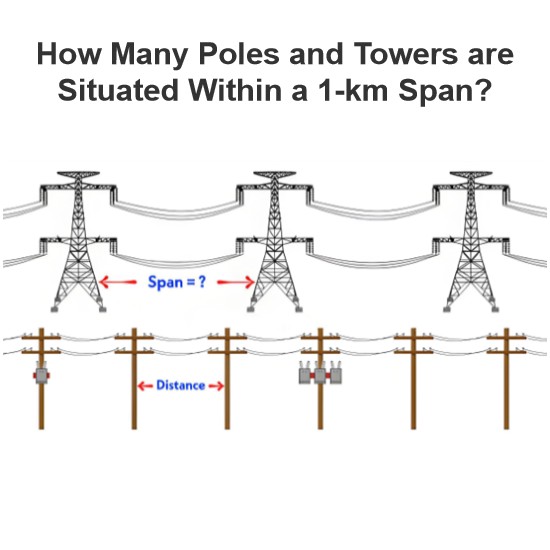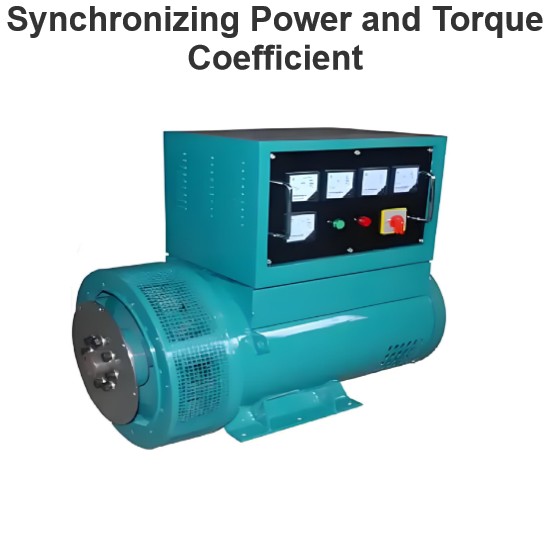What's the effect of reactance on electricity energy measurement?
Reactance refers to the impedance in a circuit caused by inductive (inductance) or capacitive (capacitance) elements, affecting the phase shift of the current relative to the voltage. The impact of reactance on energy metering is mainly reflected in the following aspects:
Changes in Power Factor
Decreased Power Factor: In circuits containing inductive or capacitive elements, there is a phase angle difference between the current and the voltage. This leads to a decrease in the power factor (PF), defined as the ratio of active power (kW) to apparent power (kVA). A lower power factor means that more energy is used to establish electric or magnetic fields rather than performing useful work.
Non-Utilized Energy Measurement: The presence of reactance implies that part of the energy is not used for actual work (i.e., converted into useful energy) but rather to establish magnetic or electric fields. This portion of energy is referred to as reactive power (Reactive Power), measured in kVar. Reactive power does not directly convert into useful work but still requires transmission by the power system.
Impact on Meters
Measurement Errors: Conventional electromechanical meters may exhibit measurement errors under non-pure resistive loads. This is because they are typically designed for pure resistive loads, and changes in phase angles under non-pure resistive conditions can lead to inaccurate readings.
Accuracy of Digital Meters: Modern digital meters are designed to account for non-pure resistive loads and can measure active power more accurately. However, even advanced meters need proper calibration to ensure accurate measurement in the presence of significant reactive power.
Impact on Billing
Increased Electricity Costs: Power companies often adjust billing based on the user's power factor. If a user's power factor is below a certain threshold, they may incur additional charges, as power companies need extra equipment to handle reactive power.
Reduced Return on Investment for Equipment: For industrial users, a lower power factor means inefficient utilization of power equipment (such as generators, transformers), resulting in reduced return on investment for the equipment.
Solutions
To mitigate the impact of reactance on energy metering, the following measures can be taken:
Power Factor Correction: Improving the power factor through methods such as adding parallel capacitors reduces the proportion of reactive power and enhances the accuracy of energy metering.
Use Appropriate Meters: Select meters suitable for non-pure resistive loads to ensure accurate measurements.
Optimize Load Configuration: Arrange loads efficiently to minimize the generation of reactive power and improve the overall efficiency of the system.
In summary, the presence of reactance can lead to a decrease in the power factor, thereby affecting the accuracy and economics of energy metering. By taking reasonable steps to improve the power factor of the circuit, these negative effects can be effectively reduced.
The Electricity Encyclopedia is dedicated to accelerating the dissemination and application of electricity knowledge and adding impetus to the development and innovation of the electricity industry.













